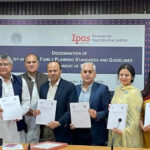
Access to family planning after an abortion is a vital part of comprehensive reproductive health care. Clinical studies have shown that fertility can rapidly return following an abortion. But access to such care has not been widely available to women in Pakistan.
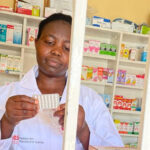
Conducted using data from 401 women receiving abortion with pills at 21 Ipas-supported pharmacies in Nakuru County, Kenya, this study examines what drives contraceptive use after self-managed abortion with pills and shows what missed opportunities persist.
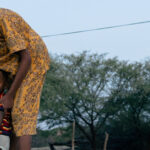
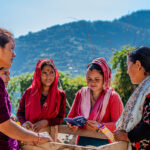
In rural Nepal, women’s lives have often been restricted by silence and unspoken rules. From menstruation taboos to misinformation on family planning and abortion, many young women are taught to accept harmful practices as normal. For years, Himali Khatri did too. “I am almost 40 years old, and until now, I have never received such knowledge about reproductive health,” she says.
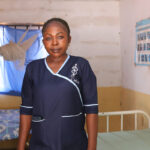
In the aftermath of humanitarian crises, many communities are forced out of their settlements, increasing their vulnerability. In such challenging environments, transactional sex for food is the norm, and consequently, increased instances of rape and forced marriages.
In March 2025, a broad spectrum of key stakeholders gathered in Mogadishu, Somalia, to discuss how to build a sustainable ecosystem for maternal and reproductive health care. A strategic roadmap emerged from the multi-day event, along with a shared commitment by stakeholders to implement the plan and transform the country’s maternal and reproductive health landscape.
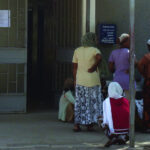
Ethiopia’s health system is in crisis, but health workers keep going. With support from Ipas, providers continue delivering essential abortion and contraceptive care—even as aid cuts, conflict, and climate crisis impacts threaten reproductive health services.


In the heart of Kenya, from the bustling urban center of Kiambu to the rural landscapes of Kakamega, a quiet revolution in the delivery of medical abortion services is taking place through the Medical Abortion Self Use (MASU) project.


One of our latest projects helps young people make informed decisions about contraception and focuses on couples in the states of Madhya Pradesh and Rajasthan who have either no children or one child.
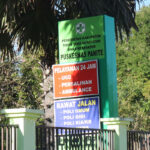
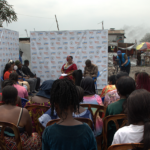
Poverty, prostitution, insecurity, and precarious living conditions are the hallmarks of the Pakadjuma neighborhood in Kinshasa. The insecurity in this neighborhood is compounded by extreme poverty, pushing many women to engage in survival activities, often at the expense of their health.
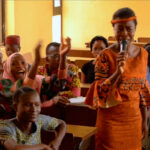
Ipas’s local partner, Onelife Initiative for Human Development, has helped Nigerian college students take control of their sexual and reproductive health through a program called “Campus Wey Sabi,” a title which loosely translates to “campus knows best.” Through measuring student knowledge, training local health-care vendors, and hosting on-campus sessions with students and health providers, the program achieved significant results in just four months.
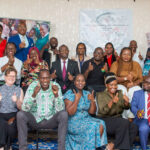
In a landmark development for the Eastern and Southern African region, parliamentarians from diverse backgrounds and countries have united under the banner of the Eastern and Southern Africa Parliamentary Caucus on Sexual Reproductive Health and Rights (ESAParc).

